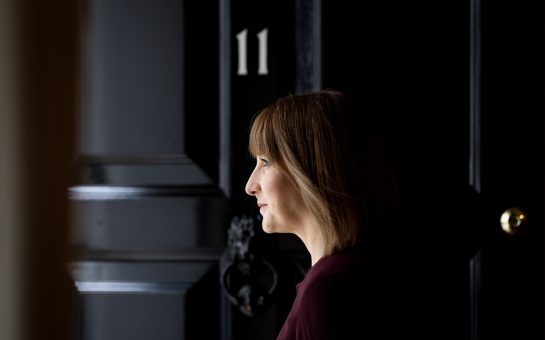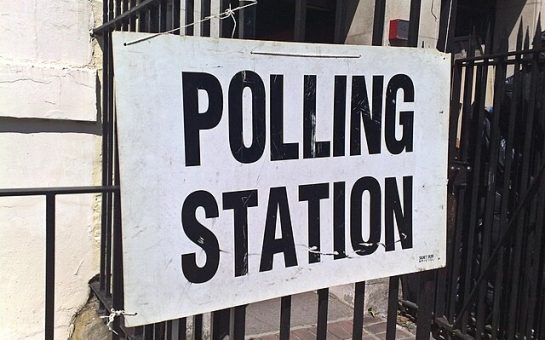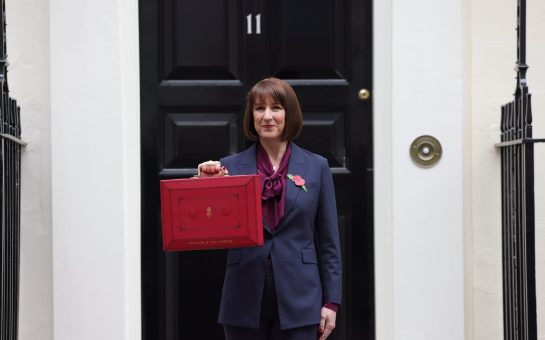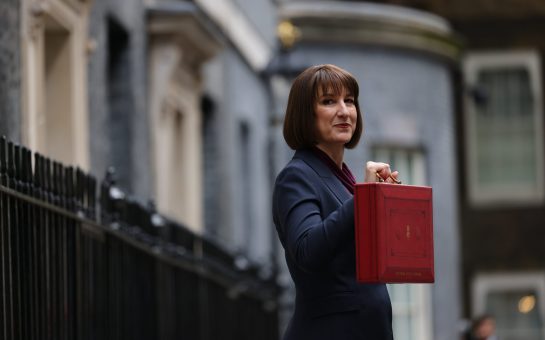This Wednesday November 22, at 12:30, marks the statement given by the Chancellor of the Exchequer to the House of Commons known as the Budget Statement.
What is the Budget Statement?
It is the major financial and economic announcement made each year outlining the state of the economy and the Government’s proposals for changes to taxation for the following year. The Chancellor also voices his reason as to why.
Who is the Chancellor of the Exchequer?
Philip Hammond, born in December 1955, is a British Conservative Party Politician. He has been the Chancellor of the Exchequer since July 2016.
What is the red box?
It is the budget box which holds the budget documentation. Before going to parliament, the Chancellor holds up the red box outside No11 Downing Street to waiting photographers.
And this will probably be the source of the news for the rest of the week. pic.twitter.com/8mzNAfOEdr
— Jacob Bentley-York (@JBentley_York) November 20, 2017
What can the building budget expect?
The new budget aims to build 300,000 homes a year to fight affordability crisis.
Chancellor Hammond spoke on this matter in an interview on The Andrew Marr Show, saying: “It is not acceptable to us that so many fewer young Britons are able to own a home.
“It is not acceptable to us that there are not enough properties available to rent and rents are sky high.
“The answer is we have to build more homes. We are delivering homes in record numbers, 217,000 in the last year reported this week.”
Hammond went on to say that experts have estimated that on average 300,000 homes must be built a year in order to “make inroads on the affordability problem.”
According to The Guardian, this number would be up from 150,000 in 2015.
“There is no single magic budget,” Hammond added.
Last year, £7.2 billion was promised to go toward building new homes, with only a 90% success according to the Local Government Association.
What does it hold in store for the NHS and nurses?
Hammond is preparing to announce a cash boost for the NHS in this week’s UK Budget, in a bid to rival the Labour party and silence critics.
The Chancellor of the Exchequer’s plans come after growing pressures from Cabinet Ministers and Tory MPs, following the threat from the Royal College of Nursing to hold a strike ballot discussion “within the day” of the Budget if the Chancellor did not issue a “positive signal” about raising their pay above the rate of inflation.
Health Secretary Jeremy Hunt told MPs in October that the pay freeze “wasn’t sustainable” and would come to an end next year.
The strikes, if they go ahead, could occur over winter which would leave hospitals strained across the country to unprecedented levels as they battle to cope with winter flus.
This was further fuelled after an announcement of a pay increase for the police and prison officers in September.
The Royal College of Nursing has a demanded a 3.9 per cent rise, which is likely to cost an extra £1billion pounds of the Budget. This accompanies the Governments existing commitment to meet previous NHS demands for £10bn extra by 2020.
A spokesperson for the College said: “We will wait to see details on Wednesday but nursing staff need a pay rise above inflation and the Government must give the NHS the funds to cover it.”
Hammond has promised to address “particular pressure points” but appears ready to reject lobbying by NHS England boss Simon Stevens, who has claimed £4bn extra is needed for hospitals next year.
And for technology?
Hammond is set to change regulations in his newest budget which will allow driverless cars to be tested on the roads for the first time.
The Government claims this industry could create 27,000 jobs worth £28bn by 2035.
As well as this, £400m is to be spent on electric car charging points, £160m on a 5g mobile phone network, £76 to boost digital and construction skills, and £75 on artificial intelligence.
The 5G network will not only improve security, but will provide a network for driverless cars to be able to operate.
£35m will also be spent on mobile networks and internet connections on trains nationwide, with trials starting in the North-West soon.
More importantly, takeaway tax?
There may be bad news for Brits who enjoy a takeaway, with the Chancellor expected to announce a tax on single-use plastic items such as polystyrene boxes and bubble wrap.
The UK’s most successful budget decisions?
Since the budget’s inception in 1860, Chancellors have come to realise that you cannot please everyone.
However, some budgets have been remembered positively, even if they were opposed at the time.
Anthony Barber 1973: Value Added Tax
VAT was introduced for the first time in 1973, with the rate set at 10%, although exemptions were given for food and baby clothes.
Harold Wilson, then Labour leader, opposed the tax by labelling it as “deplorable and inflationary”, but it has been included in every budget since and is now the third biggest source of government revenue.
Harold McMillan 1956: Premium Bonds
Government bonds that pay tax-free cash to investors, rather than usual interest payments, were introduced in the 1956 budget.
Church leaders denounced the introduction, fearing the nation would become addicted to gambling.
Not many people listened, and now around a third of the UK’s population own premium bonds.
The Worst Budget Decisions
Couples Retreat – 1988
Under Nigel Lawson’s budget, he announced that he would abolish a feature of the tax system that allowed unmarried couples to receive twice as much mortgage interest relief as married couples.
As a result, unmarried couples and friends began to clamber for a place on the property ladder with the stakes now even higher for unmarried first time home owners.
Although there was a steady increase in house prices over the next year, house prices started to fall in September 1989 with many homeowners, who bought at the top end of the market, falling into negative equity.
Brown’s Big Blunder – 1999
In Gordon Brown’s Budget of 1999, he announced that there would be a 10% starter rate for corporation tax for the smallest businesses, which he hoped would come into effect the following year.
Brown suggested that the new system would encourage new business owners, particularly young people, to start their own businesses and work their way up.
However, the new piece of legislation became a headache for Brown after it became apparent that self-employed workers were registering themselves as small companies which helped reduce their tax bill and cheat the Government out of unpaid tax.
Given this dramatic change, Brown performed a U-turn in 2004 by cancelling the measure, calling the tax a ‘loophole’ for which people had exploited.



